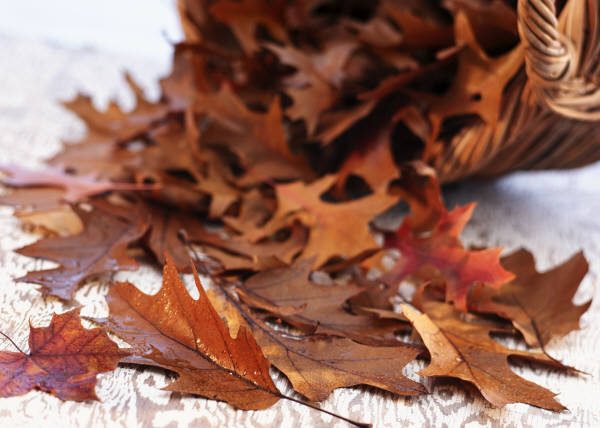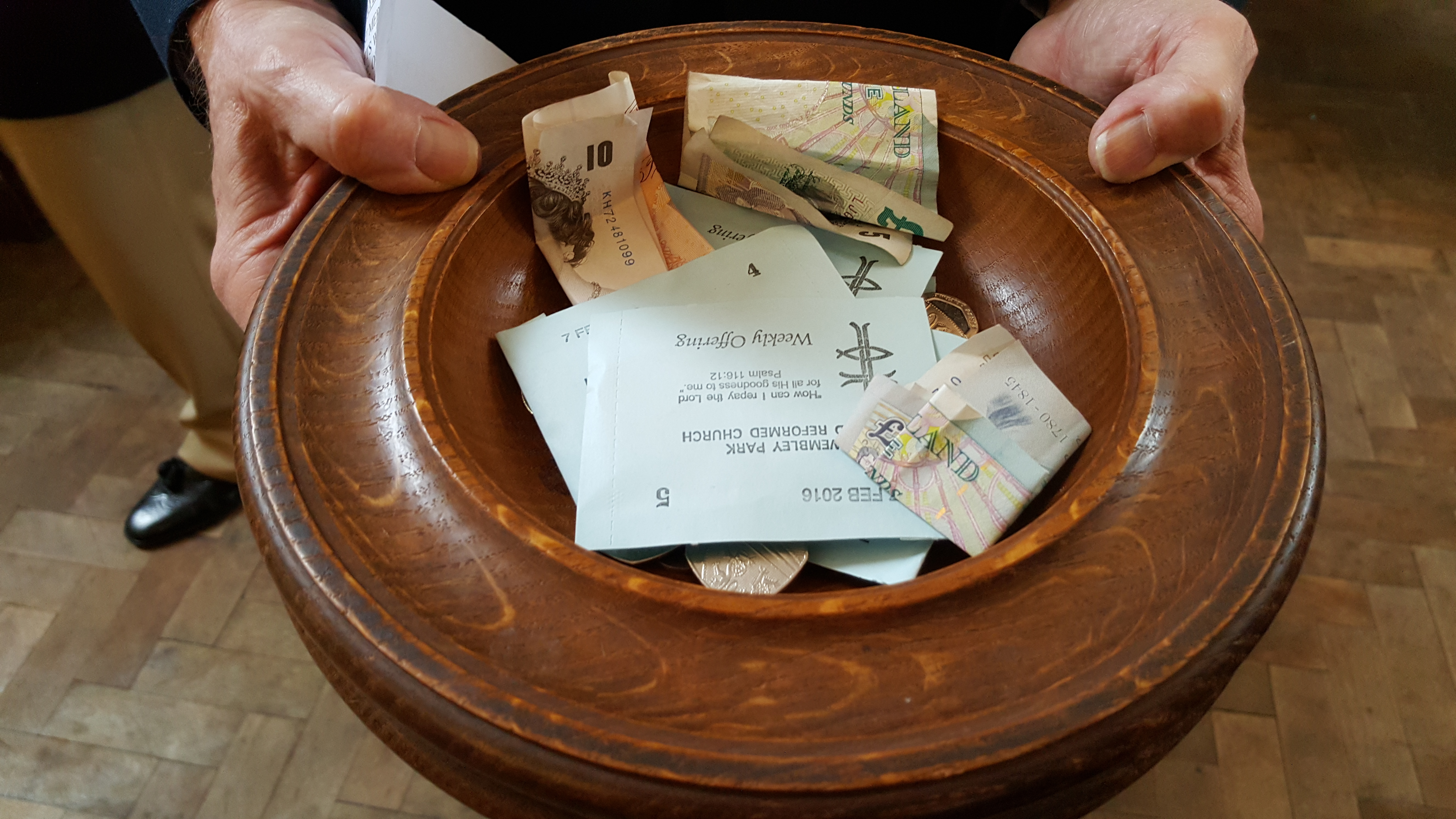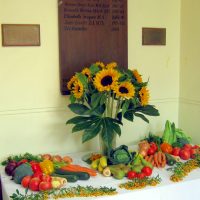Autumn, and of course, it’s a beautiful season here with fruit ripening and the trees full of russet colours. Looking out into the garden this past month, which we do a lot, I have been fascinated and entertained by the incredibly energetic activity of the wildlife. The squirrels are dashing about at top speed – a lot of it looks like great fun, but there’s some really serious work going on too, and that involves digging holes in the grass to hide all the nuts and berries, in preparation for winter. There are a lot of birds around too, pecking away like mad, and often digging up what the squirrels have hidden – that’s life. How fortunate we are to have a garden and in London to have such a lot of beautiful parks in which to enjoy. Most of the birds we see are year-round residents, and others fly south in the autumn for the winter to enjoy warmth and sunshine.
Others, who spend the summer months at home in the north, like Canadian wild geese, fly south to Britain for our warmth during the winter. We’re not quite so likely in London to see the wild geese, but they do still come to coastal regions for the autumn and winter in UK. Geese were traditionally regarded as a bit silly – a bit outdated now, but a person who perhaps did something a bit “daft” was often called “silly goose”. While I was clearing out my papers recently, I found this cut out from many years ago, and reading it, I thought it still held out a message for us nowadays. I hope you enjoy it.
THEY ARE NOT SUCH SILLY GEESE
By flying in V formation each bird flies in the slipstream of the bird in front and the whole flock can increase its flying range by 71 percent over a single bird flying alone.
People who share a common direction and a sense of community can get where they are going quicker and more easily because they are travelling with trust in each other.
When the lead goose gets tired, it rotates back into the formation and another goose takes up the lead position.
It pays to take turns doing the hard tasks, and sharing leadership, interdependently with each other.
The geese in formation honk from behind to encourage those up in front to keep their speed.
We need to make sure our honking from behind is encouraging…not something less helpful.
When a goose gets sick or wounded or shot down, two geese drop out of formation and follow to help and protect. They stay until the goose is either able to fly again or dies.
If we have as much sense as the geese, we’ll stand by each other and give our love and support to those in need.
(From the staff newsletter of Friends House)








